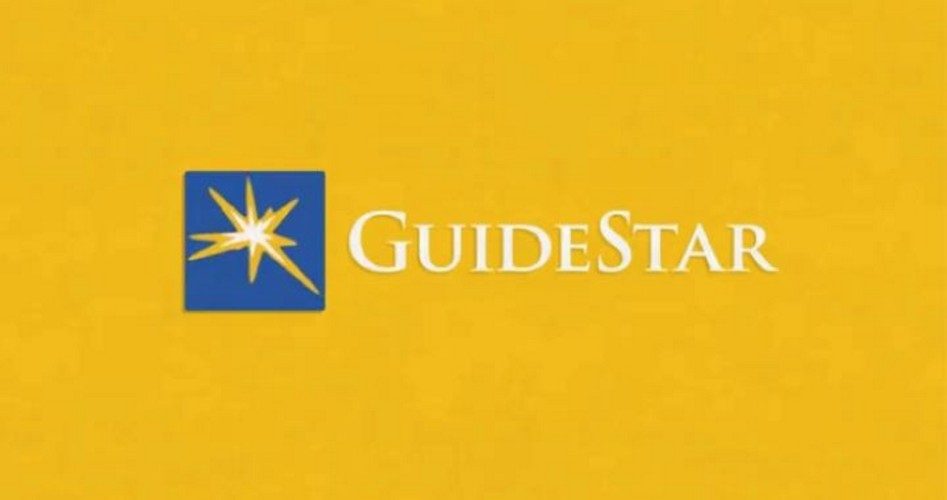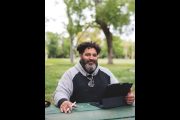
“We intend to continue using the SPLC [Southern Poverty Law Center] as a data source,” GuideStar President and CEO Jacob Harold wrote this week in response to complaints that his nonprofit watchdog group has named several conservative organizations as “hate groups.”
GuideStar is a tracker of nonprofits, which many donors have used to make decisions to whom to give money. They provide data on how money is raised, and how it is expended by a nonprofit. Donors can then make a more informed choice as to which charities deserve their money, which serves a very legitimate purpose. But tagging any organization as a “hate group” is certainly going to damage an organization’s ability to raise money.
Forty-one conservative leaders, from groups such as the Heritage Foundation, Eagle Forum, Family Research Council, and the American Freedom Defense Initiative, wrote a letter to GuideStar protesting their use of the Southern Poverty Law Center (SPLC) as their source as to what constitutes a “hate group.”
A copy of the letter was provided to The Daily Signal.
“We, the undersigned organizations and individuals, write to express our strong disagreement with GuideStar’s newly implemented policy that labels 46 American organizations as ‘hate groups.’ Your designations are based on determinations made by the Southern Poverty Law Center (SPLC), a hard-left activist organization. As such, SPLC’s aggressive political agenda pervades the construction of its ‘hate group’ listings.”
SPLC regularly dismisses just about any group with conservative views, not just as a group with which they differ, but rather as a “hate group.”
In the letter from the conservative leaders, they noted, “The hate group list is nothing more than a political weapon targeting people it deems to be its political enemies,” adding that the SPLC “is merely another ‘progressive’ political organization.”
The letter also called GuideStar’s attention to the hypocrisy and double-standard of SPLC. “The SPLC doesn’t even pretend to identify groups on the political left that engage in ‘hate.’ Radical, violent leftist environmentalists receive no mention from the SPLC.”
Rather than changing GuideStar leader Harold’s mind, that part of the conservative groups’ letter may actually explain why a supposedly “nonpartisan” and “nonpolitical” nonprofit watchdog group has now decided to get into bed with a left-wing group like SPLC. Harold has a rather extensive environmentalist resume, having worked for Rainforest Action Network and Greenpeace USA.
In an interview with Nonprofit Quarterly in July 2012, at the time he took the reins at GuideStar, Harold said, “When I worked in the environmental community on climate change, which I believe is the greatest issue of our time, it was clear to me that the most effective organizations working to fight climate change were not the ones raising the most money.” (Emphasis added).
Considering that Harold believes “climate change” is the “greatest issue of our time,” it should not be surprising that he would pass along SPLC smears of several conservative organizations, which do not buy the standard liberal line on the subject — the line that Harold believes in, calling it the “greatest issue of our time.” He has written many papers on climate change, and his essays have been used as course materials at Stanford, Duke, Wharton, Harvard, and Oxford.
Before joining GuideStar in 2012, Harold was the lead grantmaker for the philanthropy program of the Hewlett Foundation. In that role, he was in charge of $30 million in grants.
David Callahan, writing in Fortunes of Change: The Rise of the Liberal Rich and the Remaking of America, said, “Hewlett Foundation awards grants to a variety of liberal and progressive causes.” Among the many left-wing groups that have received money from Hewlett include the Brooking Institution, the Guttmacher Institute, the Center for Reproductive Rights, Planned Parenthood, and the United Nations Foundation.
It is not surprising, then, that Jacob Harold is now using GuideStar to damage the reputation of groups that would tend to be more conservative, and who do not believe in abortion on demand, globalism, and other liberal causes. In his letter this week, in spite of this evidence to the contrary, he argued, “GuideStar does not engage in partisan politics. Our staff includes Republicans, Democrats, and Independents; our people and our data reflect the diversity of American society.”
While Harold has opted to let a leftist group (SPLC) designate conservative, pro-family, patriotic organizations as nothing but “hate groups,” he protested, “GuideStar’s job is not to make decisions for people. Our job is to help people access the information they need so they can make their own decisions.”
What does Harold consider a “hate group?” In his letter, he said, “I’ll (imperfectly) define as an organization that denigrates a group of people based on their identity.” Harold said that the decision to use SPLC to determine just what organizations were therefore “hate groups” came when he had “started to hear from customers who were worried they might facilitate a donate to a hate group.”
“The Southern Poverty Law Center (SPLC) emerged as the best option,” Harold said. In defending that decision, Harold argued, “GuideStar is not the only organization to rely on the SPLC: major donor-advised funds, giving platforms, media outlets, and law enforcement agencies also use SPLC’s data.”
He did admit that “some have accused SPLC of political bias.”
Is there evidence of “political bias” by SPLC? The SPLC even added Dr. Ben Carson to its extremist watch list in 2014, but later removed him after much criticism. The group has been critical of movies it considers part of some right-wing conspiracy to influence the culture, such as Mel Gibson’s The Passion of the Christ, and Ron Maxwell’s acclaimed movies on the Civil War, Gettysburg and Gods and Generals. It is opposed to “discrimination” based on “sexual orientation,” the mistreatment of illegal immigrants, and the what it refers to as unconstitutional mixing of church and state.
The SPLC joined with the ACLU in suing Judge Roy Moore in Alabama when he placed a 10 Commandments monument in the rotunda of the Alabama Judicial Building.
Despite Harold’s assertion that “law enforcement agencies” use the data provided by SPLC, the FBI discontinued its listing of SPLC from its website-list of hate crime resources in 2014.
Yet, Harold insists that he will continue to use SPLC and its designation of multiple conservative organizations as “hate groups.”
Again, this is not surprising from Harold, who participated in the January 21 Women’s March in Washington, D.C., which was largely an anti-President Trump rally. The hard truth of the matter seems to be that the reason Harold has opted to use a left-wing group to defame certain conservative organizations as “hate groups” is because Harold himself is a typical left-wing activist using the position he now holds to advance a left-wing agenda.
And he has a message for those who do not like his use of a nonprofit tracker to attack pro-family and patriotic organizations as “hate groups.” “If a user does not consider the SPLC’s analysis to be legitimate, we invite him or her to ignore it,” Harold said.
Perhaps the same thing could be said of GuideStar, now that Harold has chosen to use the organization to attack conservatives groups.



